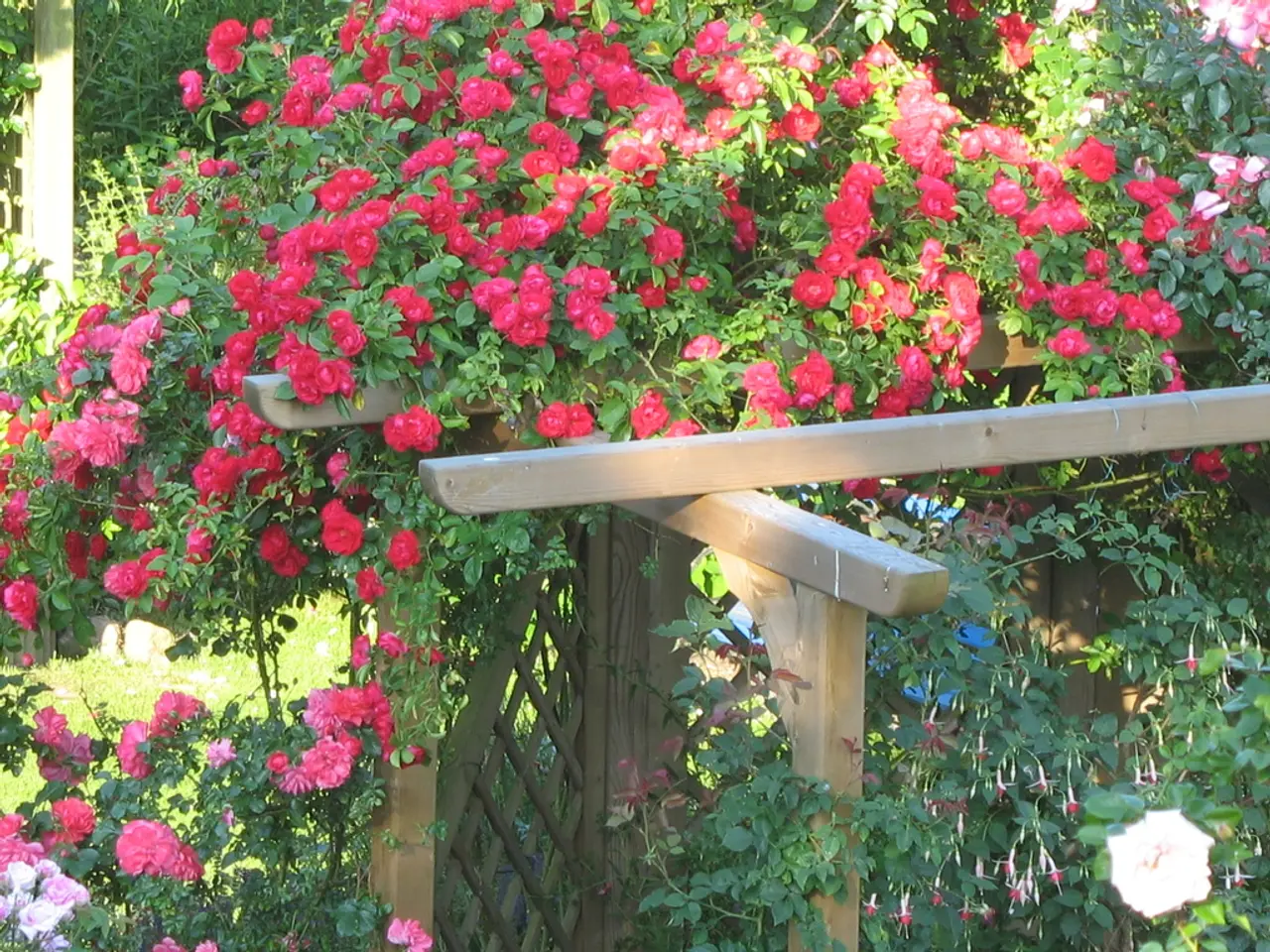Methods for Bokashi Composting and Vermicomposting
As our population grows and the need for sustainable practices becomes more pressing, the importance of composting organic waste at home cannot be overstated, especially for city dwellers with limited garden space. In this article, we delve into two composting methods: Bokashi and traditional composting, and explore their unique characteristics.
Bokashi Composting: A Quick and Efficient Solution
Bokashi composting is an anaerobic fermentation process that treats organic waste by fermenting it with the help of a specific inoculant, known as Bokashi bran. This mixture contains bran, molasses, and effective microorganisms, which enable rapid fermentation within a sealed container. The result is a nutrient-rich pre-compost material that requires further breakdown in soil or addition to a traditional compost heap to become usable compost.
One of the key advantages of Bokashi composting is its speed. The fermentation process takes only 1-2 weeks, contrasting with the weeks to months required for traditional composting. Additionally, Bokashi composting produces minimal odour and pests, making it an attractive option for homeowners. Furthermore, the fermented pre-compost created by Bokashi composting can be used to create a powerful liquid fertilizer for plants.
Traditional Composting: A Natural Approach
Traditional composting, on the other hand, relies on aerobic decomposition, which means it requires oxygen. The decomposition process involves microorganisms that naturally break down organic materials through a natural breakdown process involving oxygen, moisture, and a balance of nitrogen-rich "greens" and carbon-rich "browns." The decomposition process generates heat and gradually transforms the waste into stable, nutrient-rich compost suitable for soil amendment.
Traditional composting requires turning or aeration to ensure proper oxygen levels and the efficient breakdown of waste. However, this method can take longer than Bokashi composting, with a decomposition period of weeks to months. Despite this, traditional composting offers several benefits. For instance, composting aids water retention and improves soil structure, making it an excellent choice for gardeners seeking to enrich their soil.
Making an Informed Choice
In summary, Bokashi composting ferments kitchen scraps quickly in an anaerobic environment, creating a nutrient-rich product that requires further breakdown in soil, while traditional composting decomposes organic matter aerobically into compost directly through microbial activity and turning. Both methods have their advantages and can be effective in reducing waste and promoting sustainability.
As our waste production continues to rise, with municipal waste increasing by three per cent every year since 1996, it has never been more important to consider composting as a means of reducing our environmental impact. By adopting composting practices, we can help decrease the amount of waste sent to landfill, where it contributes to the release of methane, a potent greenhouse gas that contributes to global warming.
Whether you choose Bokashi composting or traditional composting, remember that composting can be made in various ways, limited only by your garden space. From worm composting to vermicomposting and bokashi systems, there are numerous options available to suit your needs and lifestyle. By embracing composting, we can all play a part in creating a cleaner, greener future.
Plants can benefit from the powerful liquid fertilizer produced by Bokashi composting, which is a quick and efficient method for treating kitchen scraps. Gardens, enriched with traditional compost, experience improved water retention and soil structure – a natural approach relying on aerobic decomposition of organic materials. For homeowners seeking sustainable lifestyle practices, implementing composting is essential in reducing waste and helping create a cleaner, greener home-and-garden environment.




